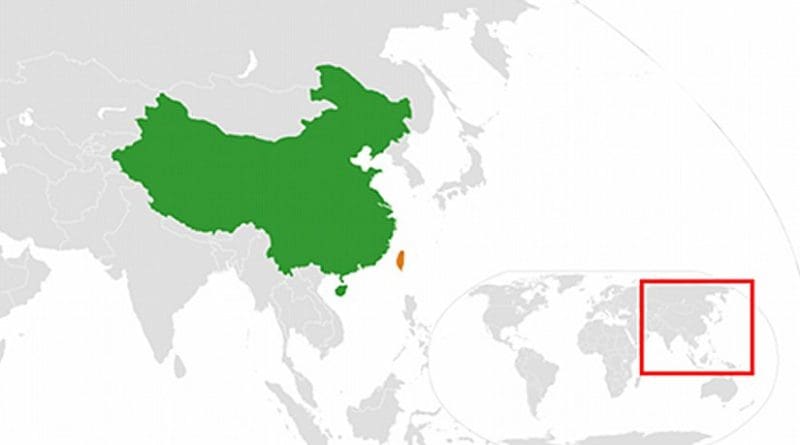Prospects For Cross-Strait Relations As Tsai Ing-Wen Assumes Presidency In Taiwan – Analysis
By Bonnie S. Glaser*
On May 20, Tsai Ing-wen from the Democratic People’s Progressive Party (DPP) will be inaugurated president in Taiwan. A key concern of the United States is whether relations between Taiwan and China will remain stable or see a resurgence of tensions. During the presidential campaign, Tsai pledged that she would “maintain the status quo” in crossStrait relations. Beijing’s precondition for preserving the status quo is that she accept the “core” of the 1992 Consensus, which is that the two sides of the Taiwan Strait belong to one and the same China. Although Tsai has taken steps to provide reassurances to Beijing, she has not yet satisfied Chinese demands.
There are three possible pathways for relations between Taiwan and Mainland China in the near term. The first potential scenario is that Taipei and Beijing find sufficient common ground to maintain and continue to develop cross-Strait relations. This outcome is undoubtedly the best for the United States as it would provide the greatest likelihood that cross-Strait friction will be manageable under Tsai’s presidency and PRC diplomatic and economic coercion against Taiwan can be largely averted.
The second potential scenario is that the two sides of the Strait do not agree on a new formulation, but Tsai Ing-wen provides additional reassurances that are sufficient to forestall significant punitive actions by Beijing. In this scenario, China would “wait and see” what policies Tsai implements as president. During this trial period, it is nevertheless likely that the Mainland quietly suspends official and quasi-official dialogue channels, reduces Chinese tourists to Taiwan, and refuses to resume negotiations of new cross-Strait agreements including the merchandise trade agreement and discussions on establishing representative offices on both sides of the Strait. Beijing would also not permit an expansion of Taiwan’s role in international organizations and might create some new difficulties for Taiwan’s government and nongovernmental organizations (NGOs) to participate in various multilateral organizations, but it would not attempt to reverse gains Taiwan has made or steal away Taiwan’s diplomatic allies.
The third potential scenario is that Beijing concludes that Tsai is insincere and harbors intentions to push a Taiwan independence agenda. This would result in a series of overt policies designed to pressure and punish the DPP. In addition to announcing a cutoff of cross-Strait dialogue channels, the Mainland might halt implementation of some existing agreements, encourage Taiwan’s allies to switch their diplomatic allegiance to the PRC, and roll back Taiwan’s gains in the international arena, including its participation as an observer in the World Health Assembly. Military pressure on Taiwan would likely increase, such as the conduct of exercises simulating strikes on Taiwan and flight operations that cross the mid-line of the Taiwan Strait. In this scenario, Beijing would also likely increase pressure on the United States to prevent Tsai from taking provocative actions.
It is increasingly clear that Tsai Ing-wen is making a concerted effort to exercise creativity and flexibility so as to maintain the cross-Strait status quo, but Beijing is doing little to reciprocate. Given U.S. interests in the preservation of open cross-Strait communication channels and stability, the United States should adopt a more proactive and less evenhanded approach. Specifically, the following policy measures should be undertaken:
- U.S. officials should make clear that while both sides have responsibility for avoiding disruption of the prevailing cross-Strait stability, in current circumstances Beijing needs to exhibit greater creativity and flexibility toward Taiwan, specifically to demand less clarity from Tsai and tolerate more ambiguity.
- Washington should encourage China to pay attention not only to Tsai Ing-wen’s words but also to her actions.
- The United States should warn Beijing against taking actions that are harmful to Taiwan’s economy and its participation in the international community. U.S. officials should emphasize that such actions would be counterproductive to China’s goals of winning the hearts and minds of the people of Taiwan and its ultimate goal of reunification.
- U.S. officials should encourage Tsai Ing-wen to continue to exercise restraint, to avoid taking actions that could further incite Beijing’s suspicions of her intentions, and to seek ways to provide additional reassurances that she does not plan to seek independence during her term in office.

